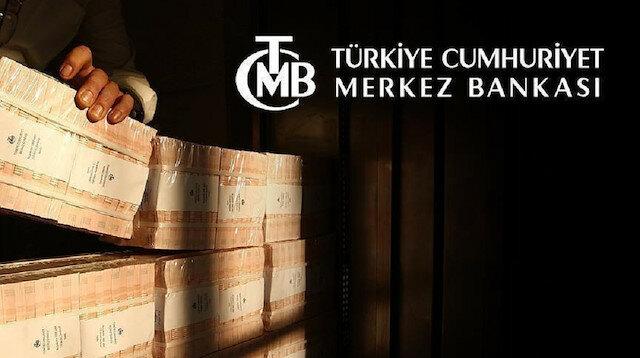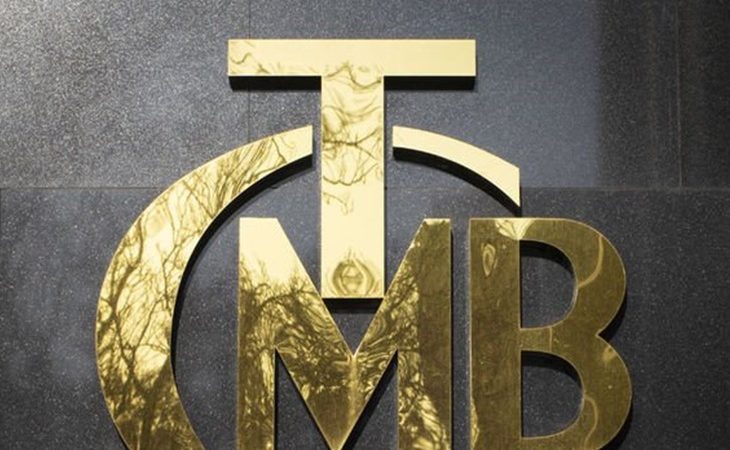Reuters: Turkey’s planned inflation-linked bonds could sap deposits
 tr-monetary policy
tr-monetary policy
Some banks are concerned that Turkey's deposit base could decline as investors, eager to protect savings from price rises, snap up the government's expected inflation-protected bond issuance, officials and bankers say.
Given that inflation has soared to 70%, the bonds could pull considerable savings from lira and hard currency deposits and even sap the government's own foreign exchange (FX) protected deposit scheme, hitting the overall deposit base, they said.
The trick for Turkey's Treasury will be offering a return on the debt that is high enough to halt dollarization but not so high that it erodes deposits, the officials and bankers told Reuters.
Turkey’s Slow-Motion Currency Crash | Real Turkey
The government has not discussed its plan to issue inflation-protect bonds in detail. But market expectations are high after a currency crisis in December set off the inflationary spiral.
"Details of the inflation-indexed bonds are still being discussed," primarily the extra return on the debt that is expected to have a one-year maturity, a source familiar with the matter said.
Three Scourges of Turkish Economy: Unemployment, Inflation, and External Deficit
If the return is 10 points above the annual consumer price index (CPI), there may be an exodus from the FX-protected deposit scheme (KKM), the source said.
"The rate needs to be appealing but not so much that it prompts an escape from FX protected deposits," the person added, requesting anonymity.
Total deposits in the banking sector are 6.2 trillion lira ($388 billion) including 3.5 trillion lira worth of foreign currency deposits, regulator data shows. KKM deposits have risen to 820 billion lira since it was announced in December.
Under pressure from President Tayyip Erdogan, the central bank cut its policy rate by 500 basis points late last year, prompting the lira to lose 44% against the dollar in 2021.
The bank's one-week repo policy rate is 14%, while lira deposit rates are hovering under 20%. Real rates are deeply negative at 56%, a red flag for investors and savers.
With the lira sliding and interest slowing in the KKM scheme - which is backed by the Treasury and central bank - the government is seeking new policies to keep savings in lira.
"Banks are waiting for the inflation indexed bond. It's not clear if there will be an outflow from deposits, but because the details of this product are unknown it worries the market," said Arda Tunca, economist at Eko Faktoring in Istanbul.
A senior banker said the sweet spot for the government would be convincing investors to use hard currency holdings to invest in the inflation-protected bonds. However, the banker said, "this interest will have a negative impact to the banking sector deposits".
Follow our English language YouTube videos @ REAL TURKEY:
https://www.youtube.com/channel/UCKpFJB4GFiNkhmpVZQ_d9Rg
And content at Twitter: @AtillaEng





